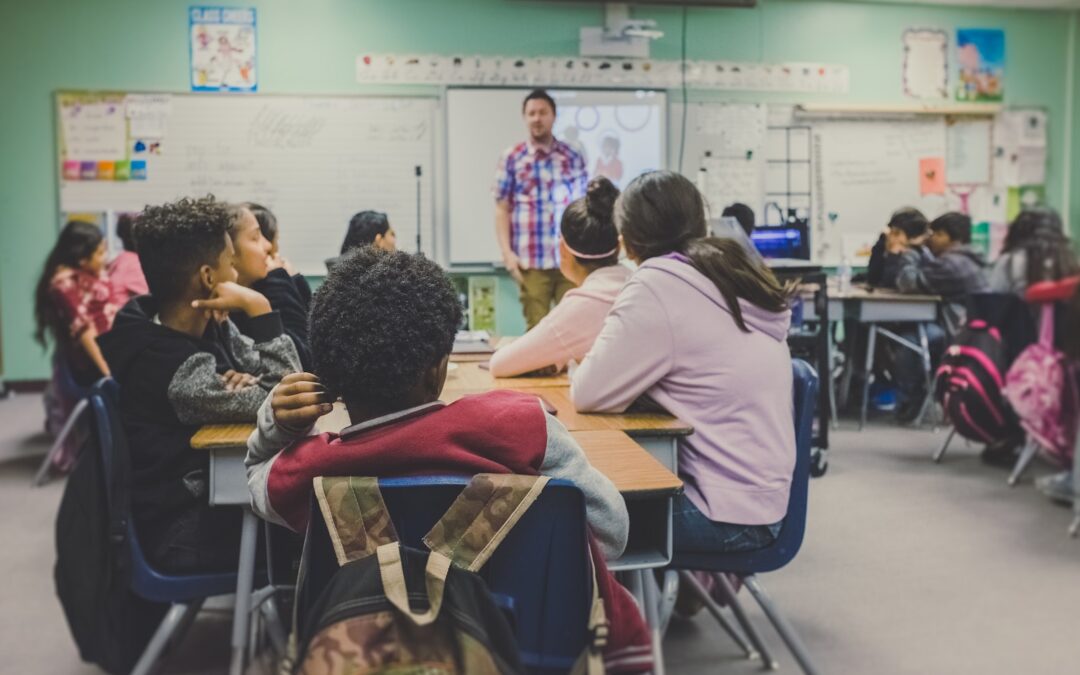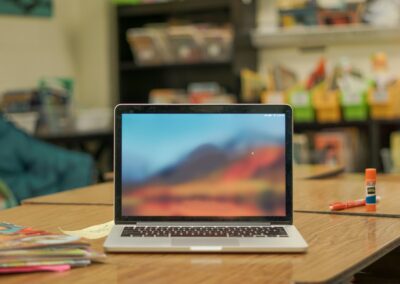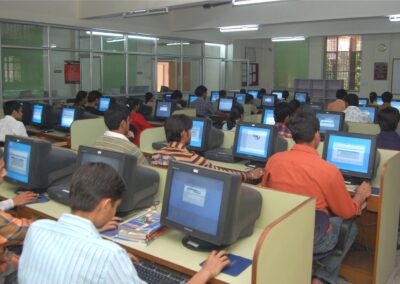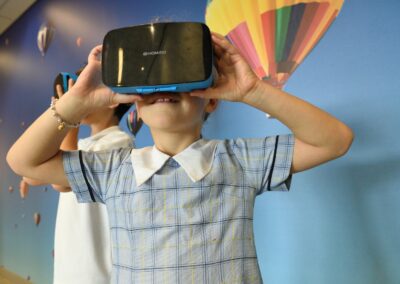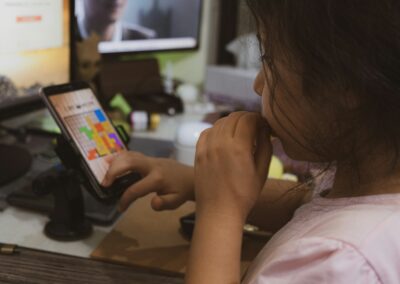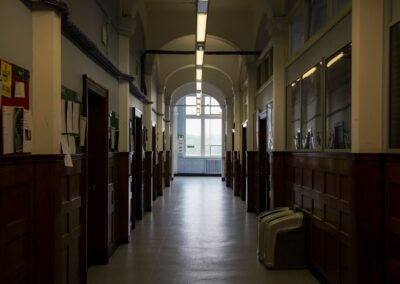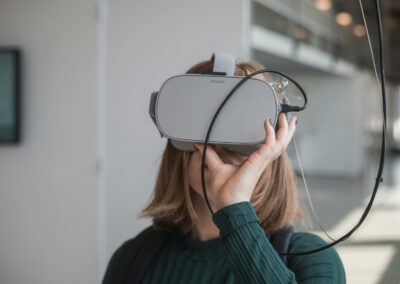Adapting to the Changing Landscape of Online Learning
Revolutionizing Education through Virtual Classrooms
The emergence of virtual classrooms is reshaping the landscape of education, offering unprecedented opportunities and challenges for educators and learners alike. Virtual classrooms leverage advanced technologies to create interactive and engaging learning environments that transcend traditional boundaries. In Saudi Arabia and the UAE, where educational innovation is a priority, the adoption of virtual classrooms is poised to revolutionize how students access and engage with educational content.
Virtual classrooms enable educators to deliver personalized learning experiences tailored to individual student needs. Through AI-powered analytics, teachers can monitor student progress in real-time, identifying areas where additional support or enrichment is needed. This personalized approach enhances learning outcomes by catering to diverse learning styles and preferences, ultimately fostering a more inclusive educational environment.
Preparing Educators for the Digital Era
As virtual classrooms become increasingly integral to education, preparing educators to harness their full potential is essential. Professional development programs are crucial for equipping teachers with the skills and knowledge needed to effectively utilize virtual classroom technologies. In Riyadh and Dubai, initiatives to train educators in digital pedagogy and online teaching methods are underway, ensuring that teachers are equipped to deliver high-quality education in virtual settings.
Moreover, the role of educators extends beyond content delivery to fostering critical thinking, collaboration, and digital literacy among students. Virtual classrooms provide educators with tools to cultivate these essential skills through interactive activities, collaborative projects, and virtual simulations. By integrating these elements into the curriculum, educators can prepare students for success in an increasingly digital and interconnected world.
Addressing Challenges and Seizing Opportunities
While virtual classrooms offer numerous benefits, they also present challenges that must be addressed to maximize their effectiveness. Access to technology and reliable internet connectivity are critical factors that influence the adoption of virtual classrooms, particularly in underserved communities. Governments and educational institutions in Saudi Arabia and the UAE are investing in infrastructure development to ensure equitable access to online learning resources.
Furthermore, maintaining student engagement and motivation in virtual classrooms requires innovative instructional strategies and engaging content. Educators can leverage gamification, virtual field trips, and multimedia resources to enhance learning experiences and captivate student interest. By adapting pedagogical approaches to suit the digital learning environment, educators can create meaningful and impactful educational experiences for students.
Embracing the Future of Virtual Learning
Enhancing Collaboration and Global Connectivity
The future of education lies in embracing the transformative potential of virtual classrooms to enhance collaboration and global connectivity. Virtual learning environments facilitate collaboration among students from diverse cultural backgrounds and geographical locations, fostering a global perspective and intercultural competence. In the UAE, initiatives to connect students with peers worldwide through virtual exchange programs exemplify the region’s commitment to promoting global citizenship through education.
Moreover, virtual classrooms enable educational institutions to offer flexible learning options that accommodate the needs of students, whether they are pursuing full-time studies or balancing education with other commitments. This flexibility promotes lifelong learning and professional development, empowering individuals to acquire new skills and knowledge at their own pace and convenience.
Innovating Education through Technology Integration
The integration of AI and blockchain technologies holds promise for further enhancing the capabilities of virtual classrooms. AI-powered adaptive learning systems can personalize educational experiences based on student performance and preferences, optimizing learning outcomes. Blockchain technology ensures the security and integrity of student records and credentials, facilitating seamless transitions between virtual and physical learning environments.
As Saudi Arabia and the UAE continue to invest in educational innovation, the strategic integration of technology in education will play a pivotal role in shaping the future of learning. By leveraging virtual classrooms, educators can transcend traditional educational boundaries, empower students with 21st-century skills, and prepare them to thrive in a rapidly evolving global economy.
Conclusion: Embracing Virtual Classrooms for Educational Advancement
Virtual classrooms represent a paradigm shift in education, offering transformative opportunities to enhance learning outcomes, foster collaboration, and prepare students for the challenges of the future. By embracing digital innovation and equipping educators with the necessary tools and skills, Saudi Arabia and the UAE are paving the way for a more inclusive, accessible, and effective education system. As virtual classrooms continue to evolve, their potential to revolutionize education and empower learners worldwide is boundless.
—
#virtualclassrooms #futureofeducation #educators #onlinelearning #technologyineducation #AI #blockchain #SaudiArabia #UAE #Riyadh #Dubai #moderntechnology

